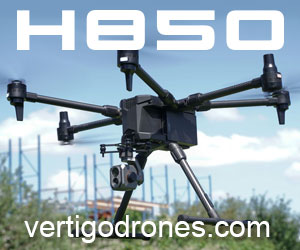Most Homeowners policies list disclaimers for incidents/damages involving aircraft. For many carriers anything RC has been excluded for a long time. Farmers will not cover aircraft damage/liability of any kind unless you have a separate umbrella policy. The federal government and the FAA have defined any RC or multirotor as an aircraft so it's very easy to exclude them from coverage. You have the option of acquiring aircraft specific coverage for liability, hull, or both. Aviation insurance is a specialized field and handled by a limited number of carriers. It's not cheap at the multirotor level. It's actually cheaper to fully insure a manned private aircraft. Both my H's run a little over $600.00/year for $1 mil of liability only. Adding hull, theft, and individual component (payload, airframe, ground control station) ups the cost per aircraft considerably. The type and value of the aircraft impacts the policy price, and each aircraft has to be insured individually, listing serial numbers of aircraft, cameras, and controllers.
If you are operating commercially it's just part of the cost of doing business. It's part of the reason the "fly by night" quick buck operators working on the sly are causing tremendous damage to those that operate legally and responsibly. Most of them are not in any way insured and their fee structure reflects that, and other clues to their lack of professionalism. If you are operating commercially it behooves you to come up to speed with regards to insurance and other indirect business costs. many clients will demand a certificate of insurance naming them as "additional insured" before entering an agreement with you. Lack of awareness suggests you may not yet be ready to run a commercial aerial business and cause customers to say "thanks for your bid" and you'll never hear from them again.
For those that are not aware, before you apply for commercial aircraft coverage you'll need to get your operational documentation package in order with log books, maintenance practices, safety policies/procedures, training, both new and recurring, along with company SOP's. The insurance carriers want to review them before providing policy quotes.










